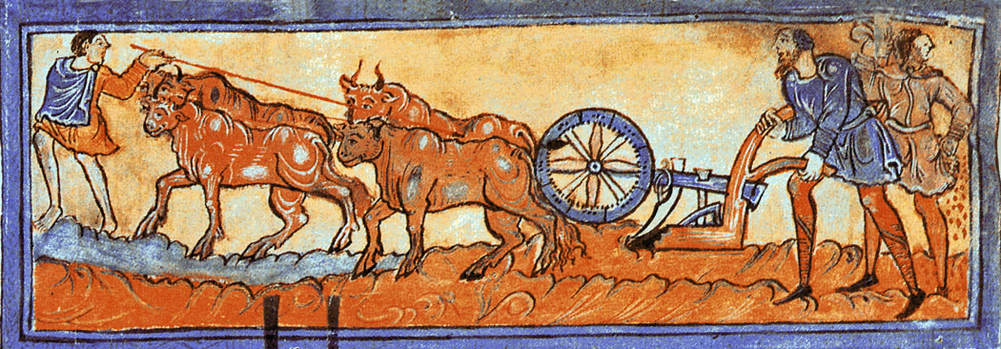WEEK #10 (October 16th-20th)
Monday: Today we worked on our projects in class, using our time wisely to research and build our presentations.
Tuesday:
Wednesday.
Thursday: We finished our in class study guide time reviewing our notes, our powerpoints and our guides
Friday: We continued our discussion on the rise of Islam and worked on a close reading exercise Here
Week #8 Homework: Use the Notes taken taken about the Rise of Islam, to write one, level seven(see Wednesday Handout) paragraph about "The effect that the Rise of Islam had on Western Society in the dark ages. using the essential question
Essential Question: What effect did Muhammad and the rise of Islam have on the dark ages?
Notes from the rise of Islam
Prayer
Charity
Fasting
Pilgrimage
Believing there is no deity but the one god and Muhammad is his messenger
Performing the prescribed the prescribed prayers five times a day
Giving part of one’s wealth to the poor
Refraining from food and drink from dawn to sunset through the month of Ramadan
Making a pilgrimage to Makkah once in a lifetime
After Muhammad’s death, Muslim scholars developed a law code known as Shari’ah. It provides believers with a set of laws to regulate their daily lives
“There is but one god, Allah is his name, and Muhammad is his messenger”
Monday: Today we worked on our projects in class, using our time wisely to research and build our presentations.
Tuesday:
Wednesday.
Thursday: We finished our in class study guide time reviewing our notes, our powerpoints and our guides
Friday: We continued our discussion on the rise of Islam and worked on a close reading exercise Here
Week #8 Homework: Use the Notes taken taken about the Rise of Islam, to write one, level seven(see Wednesday Handout) paragraph about "The effect that the Rise of Islam had on Western Society in the dark ages. using the essential question
Essential Question: What effect did Muhammad and the rise of Islam have on the dark ages?
Notes from the rise of Islam
- The life of Muhammad: The early years
- Born in Mecca around the year 570
- A city of western Saudi Arabia
- Not a kind, friendly culture
- Born in Mecca around the year 570
- The life of muhammad: The visions and the message
- These tribes all worshiped many different gods
- Muhammad began working as a merchant and was known for his trustworthiness
- First wife, Khadija had 4 daughters and 2 sons
- The visions and the message
- 15 years after his marriage, he began to have visions and hear mysterious voices
- When he was about 40 an angel appeared to him in the form of a man
- This revelation was soon followed by others about the one true god
- Unlike Jesus, Muhammad was a mortal, albeit with extraordinary qualities
- He preached a strong social justice message about equality and poverty
- The life of muhammad: The trouble
- Slowly began to attract some followers, most of them young and of modest social standing
- The ruling elite feared Muhammad and his followers and began to persecute them
- Muhammad fled from Mecca to Modena
- His prestige grew much larger after the war and the subsequent surrender of the Meccans
- Life of Muhammad: Conclusion
- He dies on June 8, 632 at about 60 years old
- Withins 100 years, Islam spread across the world, occupying more territory than the Roman Empire
- Koran (or the Qur’an)
- Introduction
- God’s revelation to Muhammad
- The creation of the book
- Wrote on anything he could find
- The content
- The Koran as a book is comparable in length to the Gospels
- Chapters of the Koran follow in descending order of length
- Many commandments, few stories
- Introduced life after death and heaven and hell (divine reckoning)
- Introduction
- Muslims views other religions
- Muslims believe that God had previously revealed Himself to the earlier prophets of the Jews and Christians
- Muslims therefore accept the teachings of both the Jewish Torah and the Christian Gospel
- They believe that Islam is the perfection of the religion
- The five pillars of Islam
- The believer worships God directly without the intercession of priests or clergy or saints
- The believer’s duties are summed up in five simple rules, the so-called Five Pillars of Islam
Prayer
Charity
Fasting
Pilgrimage
Believing there is no deity but the one god and Muhammad is his messenger
Performing the prescribed the prescribed prayers five times a day
Giving part of one’s wealth to the poor
Refraining from food and drink from dawn to sunset through the month of Ramadan
Making a pilgrimage to Makkah once in a lifetime
After Muhammad’s death, Muslim scholars developed a law code known as Shari’ah. It provides believers with a set of laws to regulate their daily lives
- Cultural achievements
- Mosques
- Domes
- Minarets
- Mosques
- Dome of the Rock - site in Jerusalem where Muhammad ascended into Paradise
- Mosaics
- Calligraphy
- Geometric designs
- Arabic
- Muslims made the first bound books
- Located in:
- Cordoba, Spain
- Baghdad - house of Wisdom
- Timbuktu, Mali
- Preserved Greek and Roman learning
- Improved on Persian and Indian discoveries
- Reanslated Greek and Latin Arabic
“There is but one god, Allah is his name, and Muhammad is his messenger”

